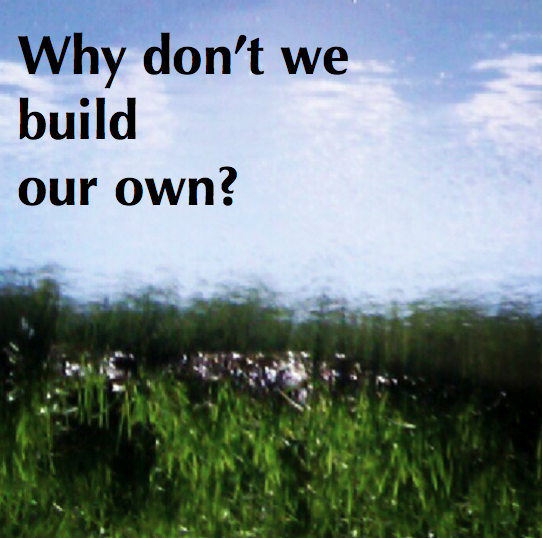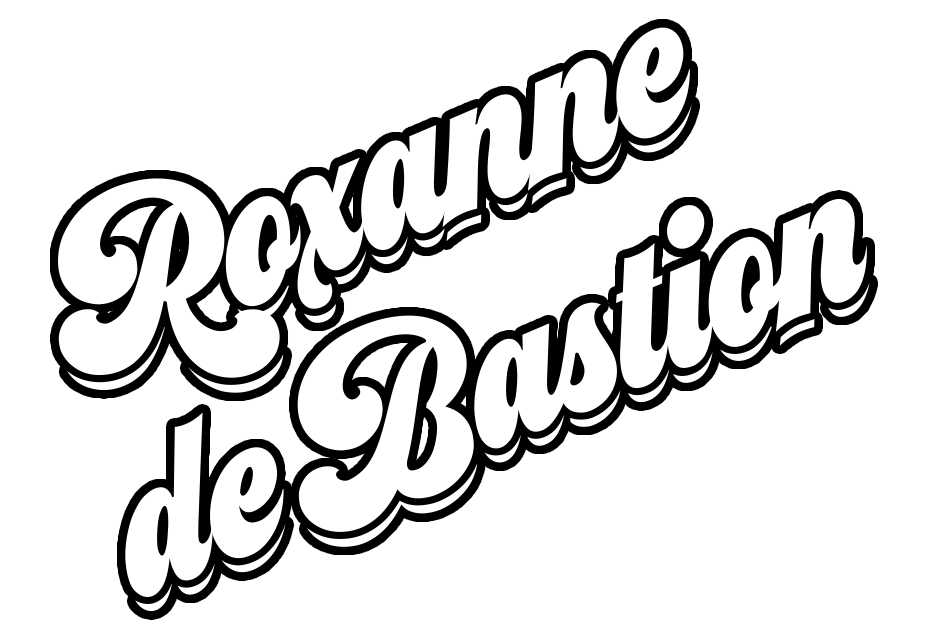 If I begin this post with the question “Is streaming a viable business plan?” half of you will click away, whereas the other half will have a passionate reply at the ready. Such is the world of musicians and songwriters, a vast spectrum of social awkwardness ranging from multimillion selling, major deal signing to suitcase shlepping and coffee-shop jobbing. All the more difficult to get a unified stance on the issue to evoke some sort of change.
If I begin this post with the question “Is streaming a viable business plan?” half of you will click away, whereas the other half will have a passionate reply at the ready. Such is the world of musicians and songwriters, a vast spectrum of social awkwardness ranging from multimillion selling, major deal signing to suitcase shlepping and coffee-shop jobbing. All the more difficult to get a unified stance on the issue to evoke some sort of change.
For what it’s worth, here’s my proverbial 2 cents (or should that be 0.076 cents?)
Yes to Streaming
We are moving further away from the physical world in all aspects of our lives and we can’t reverse on allowing people to rent, as opposed to own, their digital music. I would not be surprised if the concept of purchasing an MP3s will be the next thing left behind in the dead-end branches of musical evolution. Streaming already counts towards the official charts in the USA and Germany and will now also be included in the UK.
No to Non Disclosure Deals
We should not accept the lack of transparency in label transactions with streaming services that are tied up in non-disclosure agreements (this goes for Spotify as well as Youtube). Major labels are invested in the services as shareholders and therefore take slices from both sides. Tom Yorke and Nigel Godrich bought attention to this last year, pointing out that streaming services are skewed towards organisations with a vast back catalogue and only pay lip service to independent artists and small labels.
So… hang on…
Spotify made a loss last year and claim that they pay out 70% of their monthly revenue in royalties to copyright holders (i.e. me or universal records). As artists are making pittance and streaming services are paying out, it seems the only party winning here (or even bi-winning, if I were to allude to a rather old meme) are the major labels. This indeed does beg the question whether streaming is a viable business model… for the streaming services themselves.
Independence
In some ways I’m in a much better position as an independent artist. I am my own label and have distributed my album via an online platform that does not take a cut of my royalties. The tiny amounts that do come in from streaming services don’t have to be shared. Record contracts often don’t include a streaming clause at all and sometimes even still charge the artist costs that would only incur with physical goods, i.e. packaging and breakage fees.
On the other hand, I’m a tiny label with no clout and little representation. Artists and labels such as myself are scammed out of our fair share of advertising revenue made by giants like Google. We need a community of artist to represent us because, at the moment, no one’s fighting our corner.
Which brings me to the next question..
Why don’t we build our own? I strongly believe that most of the problems we face can be solved amongst ourselves. If there’s money to be invested within the artist community, why don’t we invest it in developers to create our own, artist friendly streaming service for those who own their copyright? To me, this seems like the most obvious solution and way forward. If you’re a developer or have a pot of gold and would like to work with me on this, please get in touch.
But in the mean time… How about that Transparency
I asked a Youtube representative at Berlin Music Week last year how many views equate a payment and I did not get an answer. If streaming services are going to continue to cash in on advertising revenue against videos we create, the least we can ask for is transparency. I want to be able to audit companies such as Youtube, to see exactly how much money has been made off my music and would like to see royalty payments made accordingly.
Last week I was invited to join the FAC‘s artists streaming debate at Metropolis studios. It was so uplifting to be in a room full of talented and kind musicians who all see the importance of sharing ideas and experiences. The more we can work together, the easier life will be for all of us. If you’re an artist, you can register with the FAC for free for their newsletter and invites to more events like this one. I’ll post an update on the event itself here soon!


Interesting read! As a promoter and not a musician, the idea of a central space where I could research, listen to, buy and/or book an act is very appealing, especially given that I deal with niche genres.
There are already several such spaces:
BandCamp, ReverbNation, Soundcloud (even this is more for electronic acts I feel), Spotify will now sell your tshirts and physical recordings, ArtistDirect…..the list goes on. Does creating another one solve the problem, or does it just make music discovery all the more difficult?
I’ll agree, the current model doesn’t quite work for the majority of indie artists financially. The main problem is how to get noticed? How do you make your voice stand out in the cacophony? Sure that’s always been the way really, we’re just figuring out how to do it on a global basis at the moment. Promoters, musicians, fans….for people into music its an exciting time to be alive, there’s so much good stuff out there, whatever you’re listening to.
Also, I guess there’s a balance to be struck. How successful do you want to be? How much time can you, the act, put in to promoting yourself through the now readily available lines of communication? How do you do it without seeming like a pompous know it all wanker, or scenester? How do you be yourself when thousands are out there all being themselves at the same time? There’s a lot of flux going on with all these concepts, as new technologies are developed and proven (or disproven – Napster?).
From my personal point of view, all of this does make dealing with the DIY heavy/loud/shouty music scene easier in some ways. Its much easier to talk to people, and lay out all the questions and communications one needs in running gigs very easily. Telling people about the gigs is one thing, but invariably, “If you book them, they will come.” Once you’ve put on a few gigs as a promoter, word gets out and people arrive (once you’re in a city and the gigs are at the least alright). But then it it becomes a tightrope of providing quality.
So many caveats!
Hi Shane,
Thank you so much for your comment! Yes, Bandcamp is great for selling direct to fans and Soundcloud is good for sharing ideas and also for analytics, but neither of them pay royalties, so they’re slightly different animals. Personally I’m not a fan of Reverbnation (who also don’t pay royalties), they have too many dangling carrots and hoops to jump through for my liking.. Bandcamp takes a cut of sales, and, I actually have no idea how Soundcloud makes their money other than their premium membership..?
The “streaming problem” exists for all artists, be they mainstream and platinum selling or indie – the major acts will have to battle it out with their record label and the indies have to work hard to get noticed at all (as you rightly point out).
I agree with you though, despite all the challenges (some of which remain the same throughout the years), it’s definitely an exciting time to be around..
Rx
Some very good points made Roxanne. The solutions seems to be either to start a new “indie” streaming service or somehow agree a “workable” solution with the existing streaming services.
The problems appears to be a lack of transparancy with the non-disclosure agreements, with too much power existing with the big record companies who take the “lion’s share” of revenue.
Agreed, there needs to be a lobby of the streaming services by a bigger collective group of indie artists. As you mentioned the record industry is in a time of great change where the new future model is emerging, but profits still need to be divided fairly. Only by supporting indie artists and grassroots music in the correct way, will we have a thriving and sustainable music industry in the UK.
Hey Roxanne,
thanks for the article and thoughts. Just one question, which online platform are you using?
Thanks!
Won
Hi Won,
My music is on all the usual suspects (Spotify included). I don’t use streaming services to listen to music personally though!
Rx